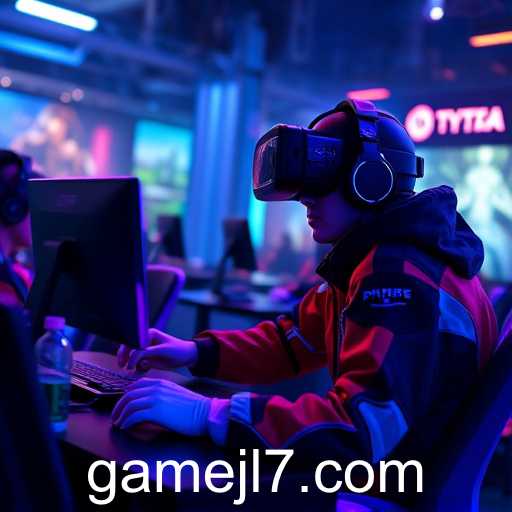The landscape of online gaming has transformed dramatically by 2025. With rapid technological advancements, platforms like jl7 have become more immersive, promoting a new era of digital interaction. This article delves into the dynamics shaping this vibrant industry and what future trends could emerge.
The online gaming market has expanded significantly, due partly to advancements in AI and VR technologies. These innovations have enhanced gaming experiences, making them more interactive and realistic. As a result, platforms specializing in virtual worlds like jl7, have seen tremendous growth, inviting players from around the globe to participate in diverse gaming ecosystems.
Another crucial component in the 2025 gaming scene is the rise of esports. These competitive gaming forums have reached new heights, offering professional players lucrative opportunities previously unheard of. With partners and sponsors, such platforms have become not just gaming sites but multimedia entertainment hubs, cultivating communities and hosting large-scale events that rival traditional sporting events.
However, this growth comes with its challenges. Cybersecurity remains a pressing issue, with gaming sites like jl7 continually working to safeguard user privacy and data. Additionally, the increasing complexity of games demands more from hardware and networks, pushing the boundaries of current technological capabilities.
Despite these challenges, the online gaming sphere, highlighted by platforms such as jl7, presents a staggering example of the potential for digital entertainment. As we move further into 2025, we can expect more exciting developments as technology continues to evolve.








